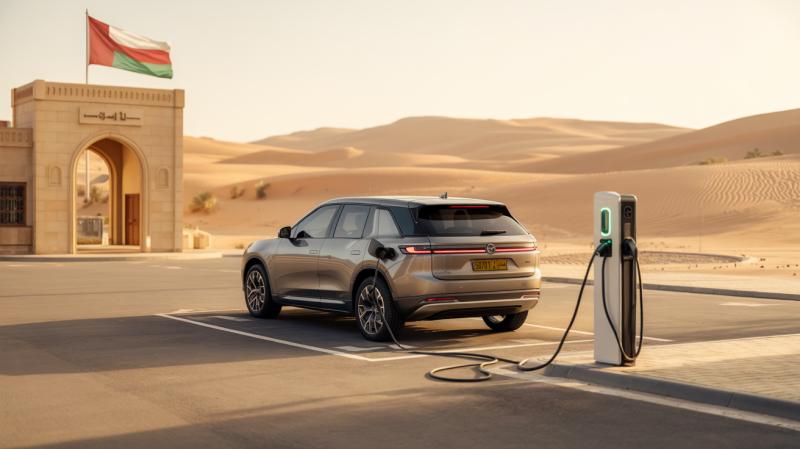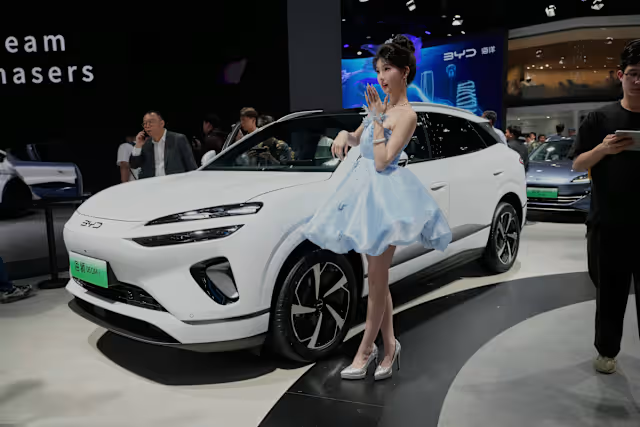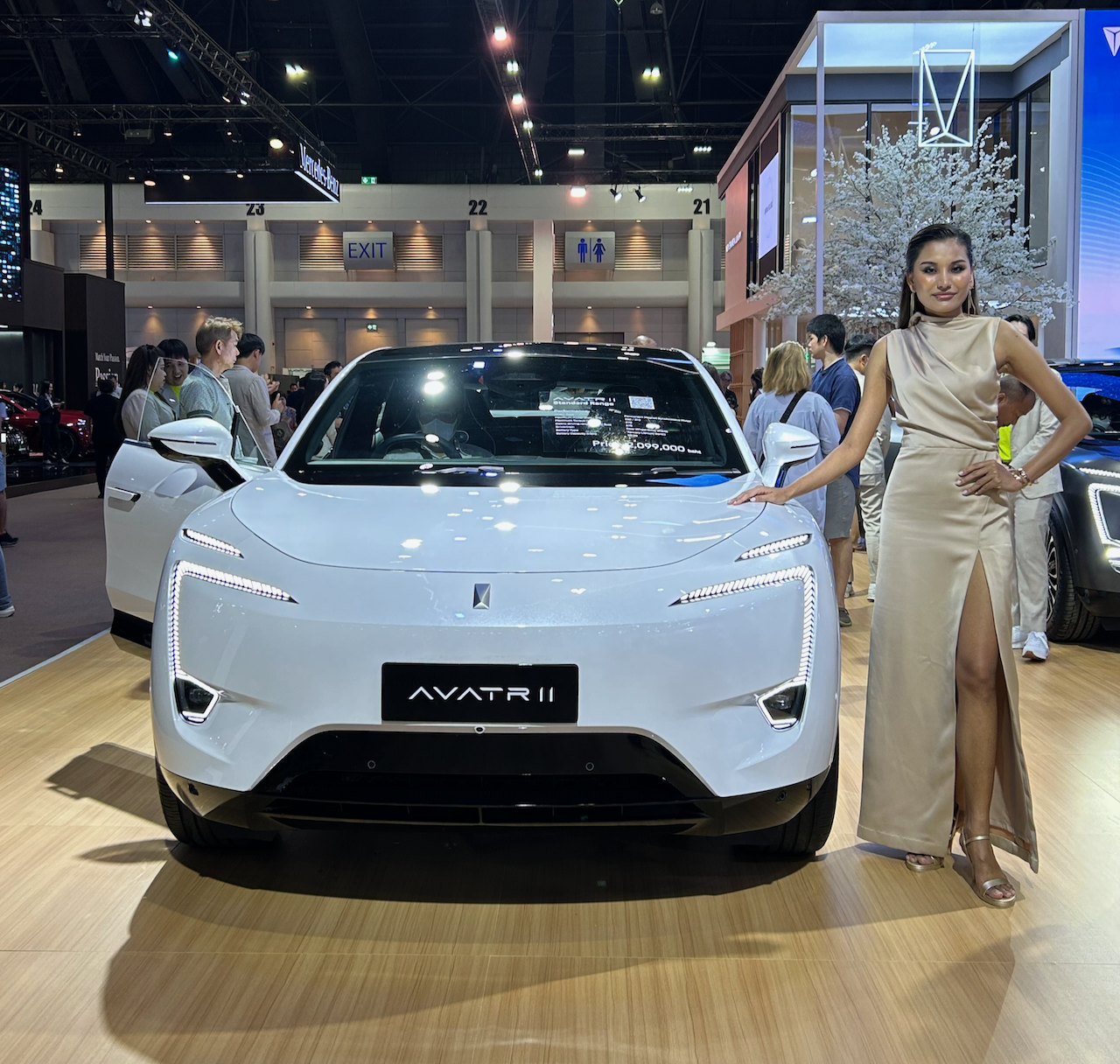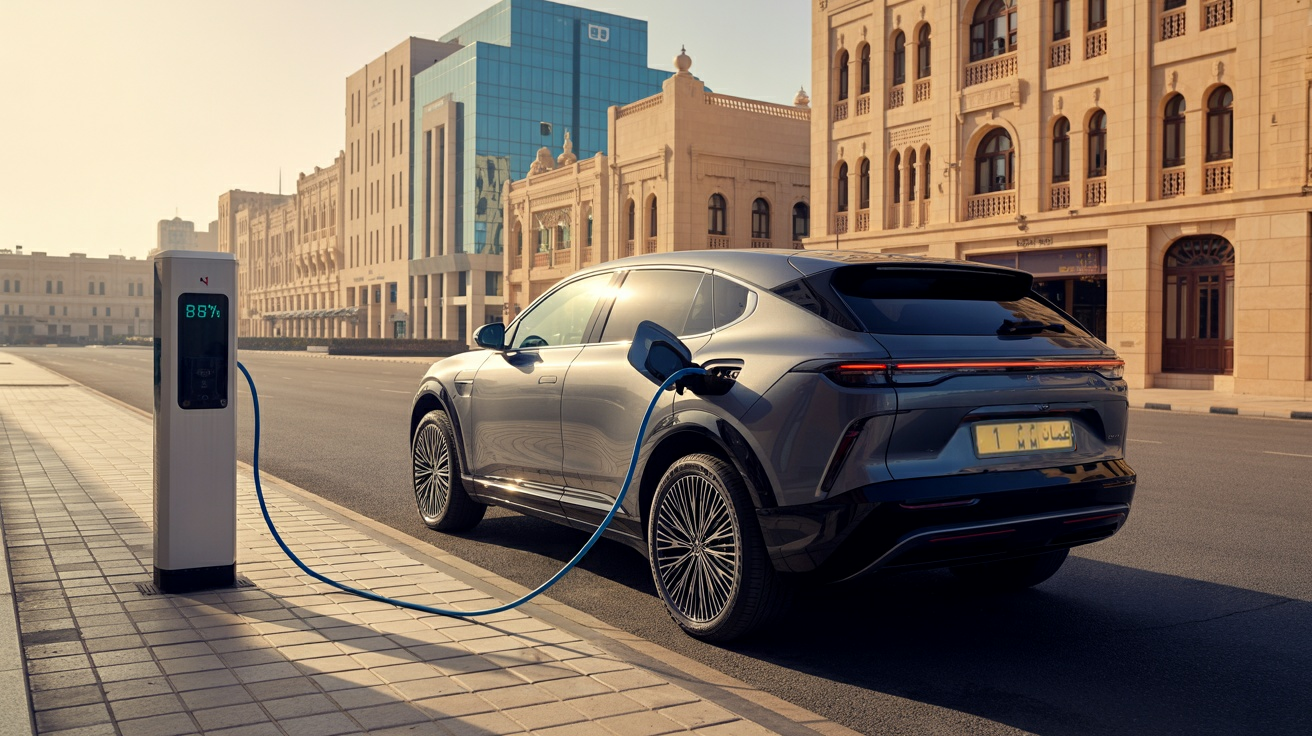
Oman mandates insurance for EVs, accelerates green mobility with tax exemptions, charging infrastructure, and domestic manufacturing to support local EV production.

Drivetech Partners
Oman's Financial Services Authority has stepped in to prevent insurance companies from refusing coverage to electric vehicles, enforcing the Motor Vehicles Insurance Law that requires comprehensive coverage for all vehicle types. This regulatory action comes amid Oman's aggressive push toward green mobility, with the government implementing substantial incentives and infrastructure development to accelerate EV adoption across the Sultanate.
Key takeaways
Oman’s Ministry of Transport, Communications and Information Technology (MTCIT) set a goal in 2023 that all new vehicles sold in the Sultanate must be zero-emission by 2050, as part of its Green Mobility programme
Oman offers extensive EV incentives including customs tax exemptions, zero VAT, and registration fee waivers
The FSA has mandated compulsory insurance coverage for electric vehicles, addressing violations by some insurance companies
The country aims to expand from 200 to over 350 charging points by 2027, supported by a ministerial decision requiring EV chargers at fuel stations
Oman's first domestically manufactured electric SUV, the Mays Alive, has soft launched and is expected to have its full market launch by the end of 2025
EV adoption is accelerating with 1,500 electric vehicles now on Oman's roads, nearly tripling from the previous year
FSA Enforces Mandatory Insurance for Electric Vehicles
The Financial Services Authority (FSA) of Oman has issued a definitive directive to insurers that they can no longer refuse coverage for electric vehicles. This decisive action addresses a growing problem where some insurance and takaful companies were violating Article (2)(b) of the Motor Vehicles Insurance Law (Royal Decree No 34/94) by explicitly excluding EVs from their coverage policies.
The FSA's clarification emphasizes that compulsory insurance applies universally to all vehicle types without exclusion. This regulatory intervention comes at a crucial time when EV adoption is accelerating throughout the Sultanate. Insurance companies must now adapt their underwriting and pricing policies to address technical concerns specific to EVs while still providing mandatory coverage.
To help insurance companies manage potential challenges related to EV servicing, the FSA has confirmed that insurers may offer cash compensation options in situations where spare parts are unavailable or when specialized repair garages cannot be accessed. This practical approach balances consumer protection with the current realities of Oman's developing EV ecosystem.
Comprehensive Incentives Driving EV Adoption
Oman has implemented an impressive array of incentives designed to accelerate the adoption of electric vehicles. The government offers substantial financial benefits including a 100% exemption from customs tax on both EVs and their spare parts. Additionally, the zero percent VAT policy on electric vehicles and components significantly reduces the total cost of ownership.
Vehicle owners also benefit from a complete waiver of registration fees at the Royal Oman Police (ROP), further reducing the financial barriers to EV ownership. These fiscal incentives are complemented by operational perks including free public charging and various tax reductions.
The government is leading by example in its commitment to sustainable transportation by actively transitioning its public sector fleet to electric vehicles. This comprehensive approach demonstrates Oman's strategic vision for a greener automotive landscape that aligns with global sustainability goals.
Expanding Charging Infrastructure Across the Sultanate
Oman currently offers approximately 200 charging points across the country, with ambitious expansion plans to exceed 350 charging points by 2027. This growth in infrastructure is critical to supporting the increasing number of electric vehicles on Oman's roads.
The EV Charging Station Market in Oman is projected to reach USD 1.18 billion in 2025 and is growing at an impressive 27.68% CAGR. Market analysts expect this sector to reach USD 4.01 billion by 2030, reflecting the substantial investment flowing into charging infrastructure.
A significant regulatory boost came in November 2023 with a ministerial decision requiring all commercial fuel stations to include EV charging facilities. This mandate has accelerated infrastructure development, with 90 EV charging stations already installed through collaboration between the Ministry of Energy and Minerals and the Ministry of Transport, Communications and Information Technology.
Current Status and Growth of Oman's EV Market
The number of electric vehicles in Oman has nearly tripled in one year, growing from approximately 550 to 1,500 EVs on the road by 2025. This rapid growth reflects the success of government incentives and increasing consumer confidence in electric mobility options.
Looking forward, Oman has set an ambitious target of selling only zero-emission vehicles by 2050, indicating the country's long-term commitment to green transportation. Hybrid Electric Vehicles (HEVs) are currently emerging as a dominant force in Oman's expanding EV landscape, serving as a transitional technology as the fully electric infrastructure continues to develop.
The government's renewable energy target of achieving 2.5GW capacity by 2025 complements and supports this EV expansion by ensuring that the power used for charging comes increasingly from clean energy sources. Innovative approaches to charging have already reduced costs by approximately 30%, making EV ownership more accessible and attractive to Omani consumers.
Key Industry Players Advancing EV Infrastructure
Several companies are taking leading roles in developing Oman's EV ecosystem. Market leaders include Electric Vehicles One LLC, CITA group, Legend Green Energy Solutions LLC, Shell Charge Solutions, and ZEROVA Technologies Inc. These organizations are driving innovation and expansion in the charging infrastructure sector.
Recent industry developments highlight the momentum building in this space:
Zerova Technologies partnered with Muscat Gas in September 2024 to accelerate EV adoption
Oman Oil Marketing Company SAOG (OOMCO) installed 12 new EV charging stations in August 2024
Mall of Muscat collaborated with Electric Vehicles One (EVO) to deploy 22kW chargers in November 2023
These strategic partnerships between local and international players are creating a robust charging network that will support Oman's growing fleet of electric vehicles while addressing range anxiety concerns that might otherwise slow adoption rates.
Insurance Industry Adapting to EV Technical Challenges
With the FSA's recent directive, the insurance industry in Oman is now rapidly developing specialized approaches to EV coverage. Insurers must address technical concerns unique to electric vehicles, such as battery replacement costs and the limited availability of specialized repair facilities, through appropriate underwriting and pricing policies.
The FSA directive strikes a balance between consumer protection and industry adaptation by allowing insurers to develop specialized EV coverage while still requiring them to provide the mandatory insurance that all vehicle owners need. Insurance companies are now developing new models to accommodate the specific service requirements of EVs, including provisions for cash settlements when parts or specialized repair services are unavailable.
This regulatory clarification comes at a critical time as Oman actively promotes EV adoption through multiple channels, ensuring that insurance coverage does not become a barrier to the green transition in the transportation sector.
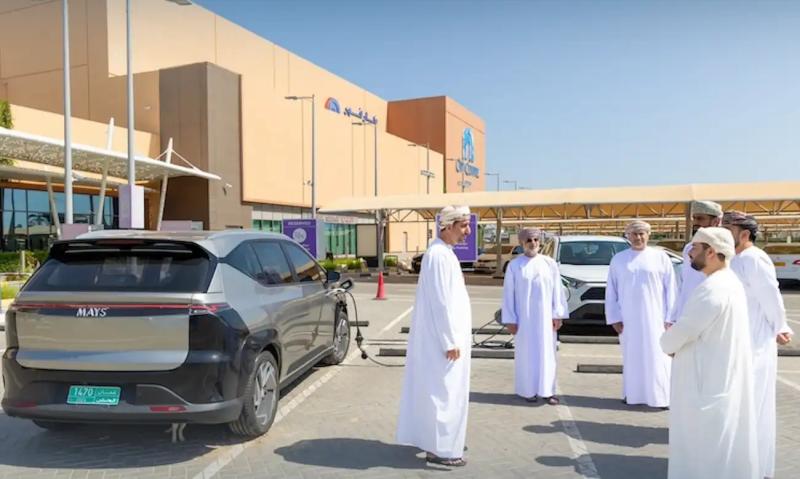
Oman's Homegrown EV Manufacturing Ambitions
In a significant development for Oman's automotive sector, the country anticipates the launch of its first domestically manufactured electric SUV, the Mays Alive, by the end of 2025. This local manufacturing initiative from Mays Motors supports the broader sustainable transportation strategy and signals Oman's ambitions to become a regional player in EV production.
“Our first batch of Mays Alive e-SUVs has been delivered to customers this month,” said Haider bin Adnan al Zaabi, co-founder of Mays Motors, in an interview with Muscat Daily. “We are proud to have reached this achievement. The journey has been both challenging and rewarding, and achieving this with limited resources feels like a miracle.”
Local production is expected to improve parts availability and servicing options for electric vehicles in Oman, addressing one of the key concerns that has affected insurance coverage. The development of domestic manufacturing capacity creates a more favorable environment for potential EV owners while building technological expertise within the country.
This manufacturing initiative represents a significant step in Oman's transition from being merely an adopter of foreign EV technology to becoming a contributor to the global EV industry, with potential economic benefits beyond the environmental advantages of increased electric vehicle use.
Future Outlook for Oman's Green Mobility Transition
Oman's commitment to green mobility will be showcased at the first dedicated EV event, the Oman Electric Vehicle Show, scheduled for October 15-18, 2025, at the Oman Convention and Exhibition Centre. This event will promote EV adoption, raise awareness about benefits, and address environmental concerns related to transportation.
Looking ahead, Oman has plans for 100% renewable energy coverage for public charging stations by 2027, ensuring that the environmental benefits of electric vehicles are maximized by powering them with clean energy. Complementary initiatives in green hydrogen production are creating new opportunities for market growth and further reducing the carbon footprint of the transportation sector.
Smart city integration projects are linking EVs with urban infrastructure development, creating a holistic approach to sustainable transportation. As Oman continues its transition toward comprehensive green mobility solutions, the insurance mandate for EVs represents just one aspect of a multi-faceted strategy to make electric vehicles a central component of the nation's transportation future.
Sources:
citaevcharger.com - Oman Electric Vehicle Market Size Report
frontiersin.org - Sustainable Cities Journal
evlife.world - Gulf Nations Push to Accelerate Electric Vehicle Adoption
omanevshow.com
omanicar.com - Oman's Path to Zero Emission Vehicles
mordorintelligence.com - Oman EV Charging Station Market
muscatdaily.com - Insurers Cannot Deny EV Coverage Says FSA
